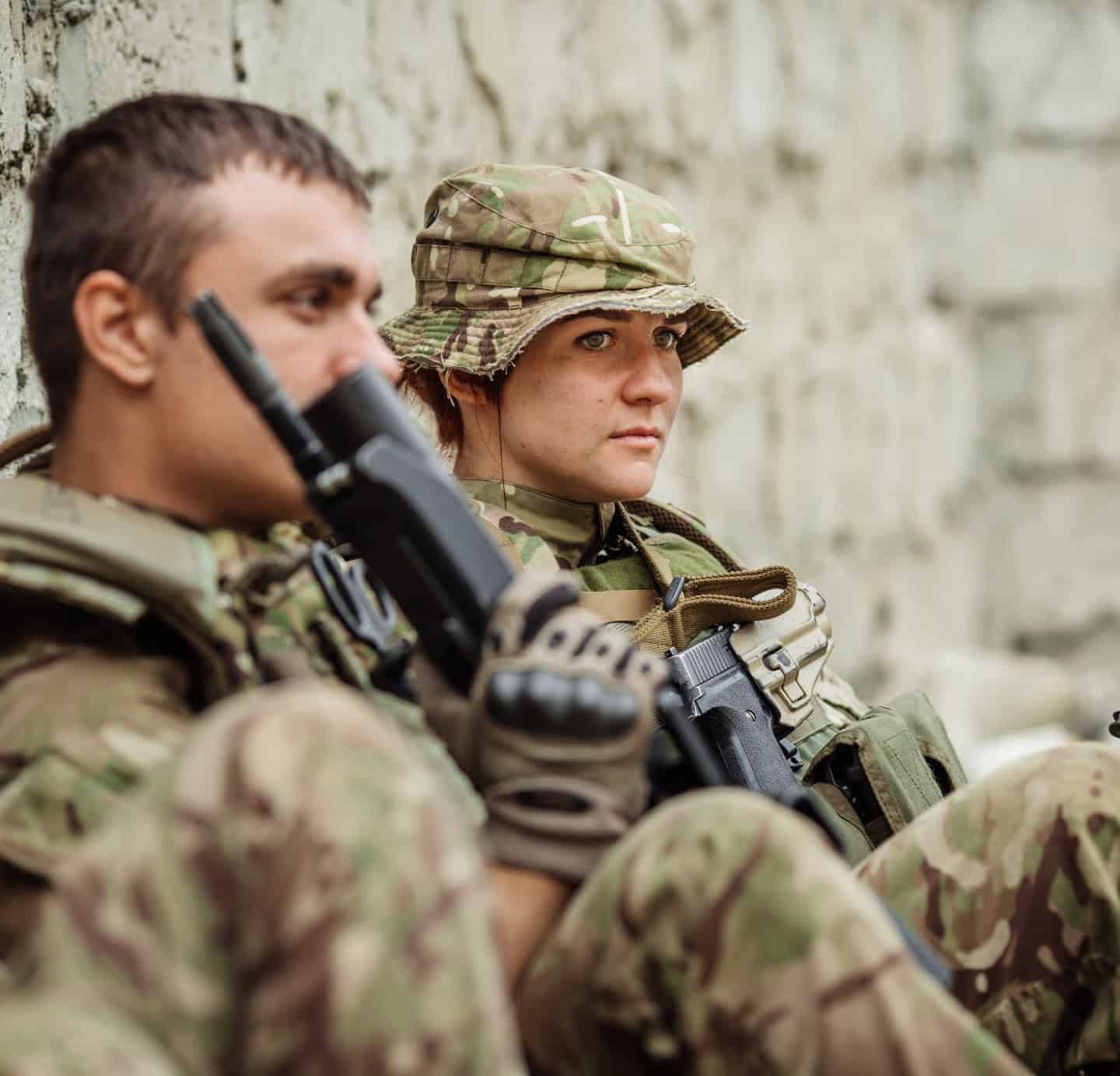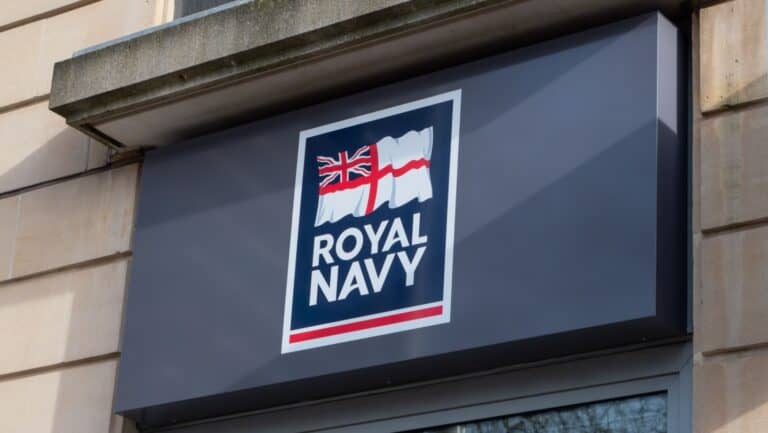
BBK responds to military rape and sexual assault jurisdiction consultation
Last month, and somewhat under the radar, the Ministry Of Defence (MOD) released their annual figures on sexual offenses committed by those subject to Service law.
They need not have released them under the radar however, as even the MOD’s harshest critics would have to agree that the figures are going in the right direction.
In only two years from 2020-22, there has been a 138% increase in military rape investigations. However, has this vast increase translated into convictions? Well, not quite.
There has been an increase in the number of rape charges from 20% from 2021 to 35% in 2022, which the new data from the MOD revealed. This may look like a large increase, however when we break the percentages down, it is two more rape charges than the previous year. The numbers in the military system are smaller, so a conviction of one or two more can lead to a huge swing in the figures. For more on the newest data, read my colleague Kate’s blog.
Sadly, this is still less than the civilian system (even with the challenges we know rape survivors face in the civil system). The fact remains that if you are a Service person, you are more likely to get a rape conviction in the civilian jurisdiction than in the Service jurisdiction.
This argument formed the basis of our response to the Government’s consultation on the revised protocol for determining which jurisdiction military sexual abuse and rape should be heard in. We submitted to the Crown Prosecution Services’ (CPS) consultation on the draft revised protocol on criminal prosecution in the Service Justice System (SJS) and civilian system, last week.
The response outlines our belief that if you are sexually assaulted or raped in the military, the case should be heard in civilian courts rather than military courts. We have also gone further, and suggested that sexual harassment and image based sexual abuse – or ‘revenge porn’ – should be added to the list of offences which should be automatically removed from the military’s jurisdiction.
At the moment, and under the draft protocol as it stands, there are still too many ‘get out of jail cards’ for the MOD. The concurrent jurisdiction protocol swings in favour of Service personnel being investigated by military police rather than civilian police and suggests that factors such as operational effectiveness and capacity of civilian and military police forces should inform which jurisdiction the crime comes within.
As subject-specific experts in military claims, BBK has advised and represented hundreds of service personnel who have been harassed, sexually assaulted and raped in the military. We have seen the devastating impact that this can have on their lives. Not only do we want to help those who have been harmed in the military receive the compensation they deserve, but at BBK we want to change the law for the better to stop these injustices in the first place. We are engaging more with lawmakers and contributing to Government consultations to campaign on matters that are important to us, and our clients.
Service personnel are not being given the same access to justice as civilians. This consultation represents a unique opportunity to change that, and we hope the CPS and Service Prosecuting Authority (SPA) will listen.
If you have suffered sexual assault and/or harassment and are considering pursuing a compensation claim, Bolt Burdon Kemp can help. Please contact our team here for free and confidential advice.










